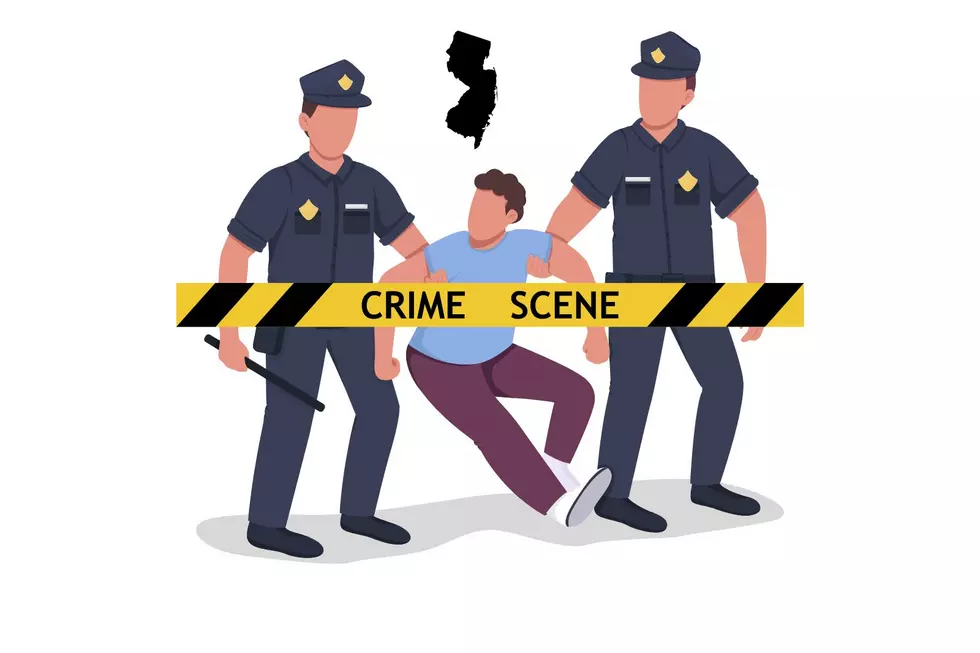
NJ working papers for teens: Know the process, know the law
Any minor under the age of 18 years old in New Jersey must have working papers or employment certificates, as they are sometimes called, in order to have a job.
The process of obtaining working papers brings several people into the picture to ensure everyone shares responsibility for the minor's employment.
What are working papers?
Barry Hickey, assistant director of the New Jersey Department of Labor and Workforce Development's Wage and Hour Compliance Division, said working papers are meant to protect minors, approved by parents and the educational institution, he said.
The papers make sure that teenage workers are not working too many hours during their school time, they are not working too late at night or too early in the morning, they are being paid minimum wage, they are not employed in a hazardous duty, and they are not denied their required 30-minute meal period after working five consecutive hours.
What is the purpose of working papers?
Hickey said working papers were designed to protect the exploitation of minors in the workplace and to prevent minors from engaging in dangerous occupations.
By restricting their hours, the papers ensure that education and schoolwork are a priority, Hickey said.
What is the working papers process in New Jersey?
Hickey said the whole process involves five steps and if done correctly, it can be completed within 24 hours, so long as the teen's medical record is on file with the school.
The process starts with the minor seeking out a job and obtaining working papers, usually from their school.
Then parents need to look at the working papers and review the employment duties with their young teen.
Next, the employer must fill out the working papers with all the pertinent information regarding the minor's hours, including how many hours they work a day when they start and stop, the pay rate, and more.
Then the minor must take the working papers and give them to a school issuing officer who will verify the information on the certificate, sign it, and date it.
The final step: the minor brings the working papers back to the employer.
Rules for teens in jobs
The state Department of Labor has a dual role when it comes to the working papers process, Hickey said.
"We have investigators throughout the entire state that are trained to ensure that any business in the state of New Jersey is following the child labor laws," he said.
By the authority of the Commissioner of Labor, investigators have the task of conducting inspections to verify that all minors are working within the required hours, that the working papers have been issued and authorized, and that the work is being done in a safe manner.
For example, Hickey said a 14 or 15-year-old New Jersey teen cannot work before 7 a.m. or after 7 p.m. But a 16 or 17-year-old may work from 6 a.m until 11 p.m.
Minors are not allowed to have jobs that require the handling of dangerous poison materials, use of explosives, construction work, the use of deli slicers or trash compactors.
Hickey said the department not only enforces the child labor laws, but they also educate about them too. If an employer wants to hire a minor but does not know or understand the rules and requirements, the NJ Department of Labor can either provide materials for them, or they will even send someone out to the business to do presentations with the employer and the staff.
The Department of Labor reviews every working paper that is issued throughout the entire state. Hickey said they check to make sure the parents and the school have signed off and approved all of the working papers and that the minor has medical approval to be working in the workforce.
In 2021, Hickey said the individuals who work out of the Wage and Hour Compliance Division, reviewed and authorized 87,000 working papers in the state of New Jersey.
Anyone with questions about child labor laws or working papers is encouraged to reach out to the New Jersey Department of Labor at www.nj.gov/labor or call 609-292-2305.


